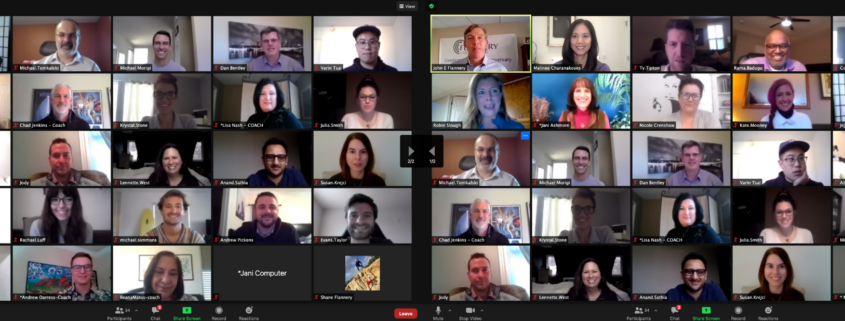
As humans, we tend to want to swoop in and fix things, often starting with the things that are most broken and most in need of repair. As sales managers, we pride ourselves on being fixers and judge ourselves on our ability to effectively coach our teams and give them the resources they need to be successful.
But, just as not all salespeople are created equal (see Bottom Third Sales Coaching) nor are the opportunities they put in the pipeline. In both cases, though our tendency may be to start with the team members and opportunities that are most in need, this impulse is often detrimental to our overall success. Just as with the bottom third of our sales reps, the bottom third of our opportunities will rarely move the needle regardless of how much time or energy we put into them. Often these are opportunities that have not been well qualified and are not well suited to our product or service capabilities. Additionally, despite equal or greater time investment, they may not have the revenue potential that some of the other opportunities have.
So, what’s the answer? As difficult as it can be, the answer is to put less time into your bottom third. Instead, focus your time on B and C opportunities. Why not your A opportunities? Because your top 10% of opportunities are so well qualified and such a good fit, that they’ll likely close with little to no involvement from you. So, spend your time on the B and C opportunities, helping your reps understand how your product or service will help their prospects increase revenue, decrease costs or mitigate risks. Spend time thoroughly qualifying these ones up front so they have a higher likelihood to close.
Neglecting the bottom third of your opportunities is not shirking your sales managerial responsibilities; in fact, reallocating your time to focus on the 60% of your core B and C opportunities will be the best way to support your sales reps going forward by helping them move the needle.


